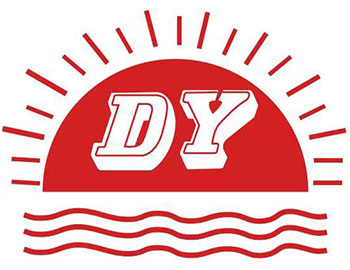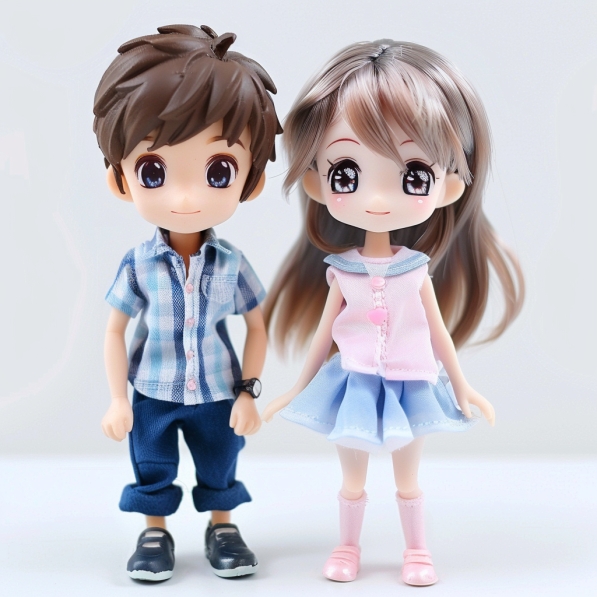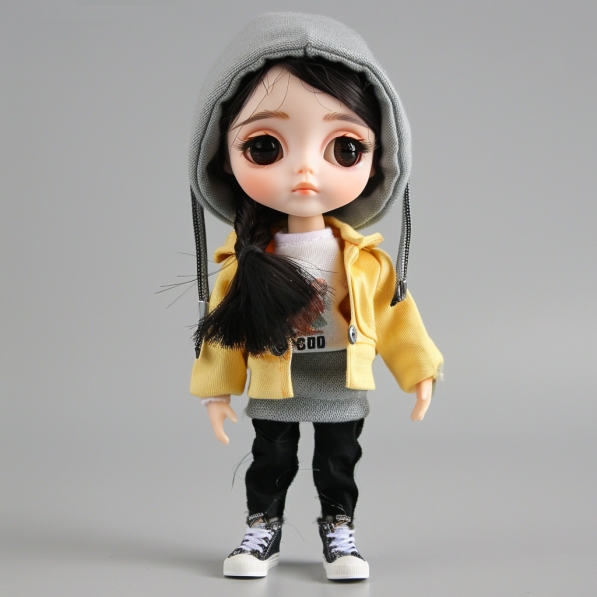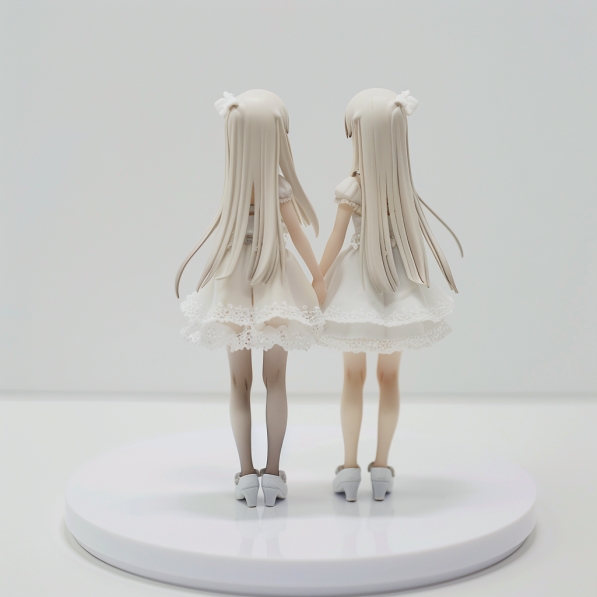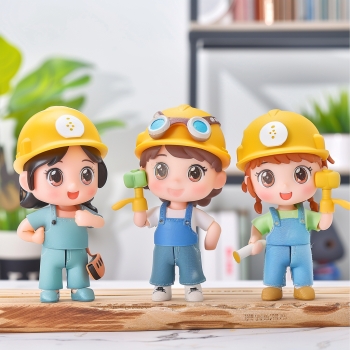Plastics are the most common materials for producing end-use parts and products, for everything from consumer products to medical devices. Toys are a child’s best friend and they help them create memories. Plastic has long been the favourite material for making toys and hence the demand for plastic toy manufacturers in the market. For mass production of plastic toys, more durable metal molds must be made by toy factories. Plastic Toy Factory: Why Find Plastic Toys Manufacturers and Suppliers?
Most of the plastic toys that you walk by in a toy store are created through a particular technique called injection molding. Plastic Toy manufacturing requires processes that shape plastic, amongst them, there is the plastic injection molding, which includes two major stages: the injection, where a special machine injects liquid plastic material into a customized mold that will make the final product, and assembly, where different pieces are joined to create a more complex product. Plastic toy manufacturers need more than just a moulding facility to come up with amazing looking toys to enamor the children today. The precision and the technique used to make agile and good looking toys is achieved through technical excellence.
Why Find Plastic Toys Manufacturers and Suppliers in China ?
China’s plastic toy manufacturers can produce a wide range of plastic toys, including traditional toys, educational toys, electronic toys, etc. If you need a specific type of plastic toy, you may be able to find it in China.
Most Chinese plastic toy manufacturers and suppliers have professional technical teams and after-sales service teams, which can provide customers with comprehensive support and help. This can help customers solve problems and increase confidence in products.
How to Choose the Right Plastic Manufacturing Process
Material: What stresses and strains will your product need to stand up to? The optimal material for a given application is determined by a number of factors. Cost must be balanced against functional and aesthetic requirements. Consider the ideal characteristics for your specific application and contrast them with the available choices in a given manufacturing processes.
Form: Do your parts have complex internal features or tight tolerance requirements? Depending on the geometry of a design, manufacturing options may be limited, or they may require significant design for manufacturing (DFM) optimization to make them economical to produce.
Volume/cost: What’s the total or the annual volume of parts you’re planning to manufacture? Some manufacturing processes have high front costs for tooling and setup, but produce parts that are inexpensive on a per-part basis. In contrast, low volume manufacturing processes have low startup costs, but due to slower cycle times, less automation, and manual labor, cost per part remains constant or decreases only marginally when volume increases.
Lead time: How quickly do you need parts or finished goods produced? Some processes create first parts within 24 hours, while tooling and setup for certain high volume production processes takes months.
Plastic products are part of every home, office, hospitals, and industry. Plastic features like durability, unbreakable material, portability, and lightweight quality make it a favorite among all users. Tons of plastic objects are produced to create bottle caps, medical equipment, toys, containers, plastic bags, car bumpers, bottles, electronics, packaging, and kitchen utensils, etc. These Dy toys are very different and have very different playing styles associated with them. However, all children engage in creative, active and imaginative play so these toys will all have a wide appeal. Plastic toys are an ease of worry for parents who want to know that the toys are not poisonous and do not shatter or splinter when broken.
